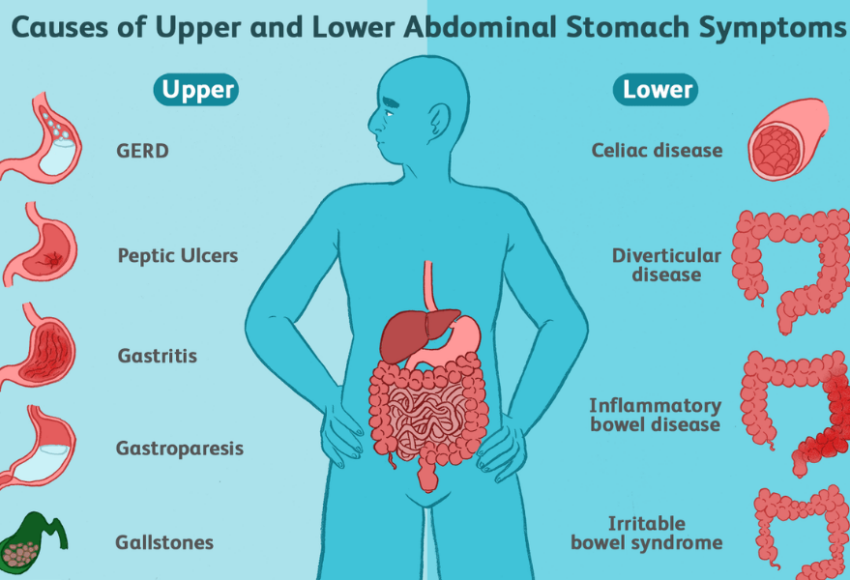
From the Top to the Bottom: Understanding Digestive Issues
Introduction to Digestive Health
Our digestive system is a complex network responsible for breaking down food, absorbing nutrients, and expelling waste. It starts from the mouth and extends to the rectum. When something goes wrong, it can affect the entire body, leading to discomfort and health problems. Understanding digestive issues can help you take the right steps to manage and treat them.
Common Digestive Problems
Here are some of the most common digestive issues, along with their symptoms:
1. Acid Reflux (GERD)
Acid reflux occurs when stomach acid moves up into the esophagus, causing heartburn and discomfort. If frequent, it may be a sign of Gastroesophageal Reflux Disease (GERD).
2. Irritable Bowel Syndrome (IBS)
IBS is a common condition that affects the large intestine. It can cause abdominal pain, cramping, bloating, gas, diarrhea, or constipation. Stress, diet, and hormones can trigger IBS symptoms.
3. Constipation
When bowel movements are infrequent or difficult to pass, it leads to constipation. Lack of fiber, dehydration, or a sedentary lifestyle can contribute to this issue.
4. Diarrhea
Diarrhea is characterized by loose, watery stools and can result from infections, food intolerances, or gastrointestinal diseases. Chronic diarrhea may indicate a more serious condition like Crohn’s disease.
5. Ulcers
Ulcers are sores that develop in the lining of the stomach or small intestine. They can cause pain, indigestion, and bloating, often worsened by spicy food or stress.
Causes of Digestive Issues
Several factors can lead to digestive problems, including:
1. Poor Diet
High-fat, fried, or processed foods can slow digestion and lead to issues like constipation or acid reflux.
2. Stress
Emotional stress can interfere with the digestive process, triggering symptoms like stomach cramps, bloating, or changes in bowel habits.
3. Lack of Exercise
A sedentary lifestyle can reduce the efficiency of the digestive system, leading to conditions like constipation.
4. Food Sensitivities
Some people have sensitivities to foods like dairy, gluten, or certain fruits and vegetables, which can cause bloating, gas, and discomfort.
Prevention and Management
To keep your digestive system healthy, consider these tips:
1. Eat a Balanced Diet
Include plenty of fiber-rich foods like fruits, vegetables, and whole grains to aid digestion. Avoid overindulging in fatty, greasy foods.
2. Stay Hydrated
Drinking enough water helps move food through your digestive tract and prevents constipation.
3. Exercise Regularly
Physical activity stimulates the muscles in your intestines, helping food pass through more efficiently.
4. Manage Stress
Practice relaxation techniques like deep breathing, yoga, or meditation to keep stress in check.
When to See a Gastroenterologist
If you experience persistent or severe digestive issues, it’s important to consult a specialist. A gastroenterologist is a doctor who specializes in diagnosing and treating conditions affecting the digestive system. Common signs that you need medical attention include:
- persistent heartburn
- Chronic diarrhea or constipation
- severe abdominal pain
- Blood in the stool
- Unexplained weight loss
Dr. Suresh Jain– Expert Gastroenterologist in Pune
If you’re seeking expert care for your digestive health, Dr. Suresh Jain at the Digestive Endoscopy Clinic in Pune is an excellent choice. With extensive experience in managing a wide range of digestive disorders, Dr. Suresh Jain offers personalized, comprehensive care using innovative diagnostic and treatment methods. Whether it’s GERD, IBS, or any other digestive condition, you can trust Dr. Suresh Jain for expert guidance and effective solutions for better digestive health.
